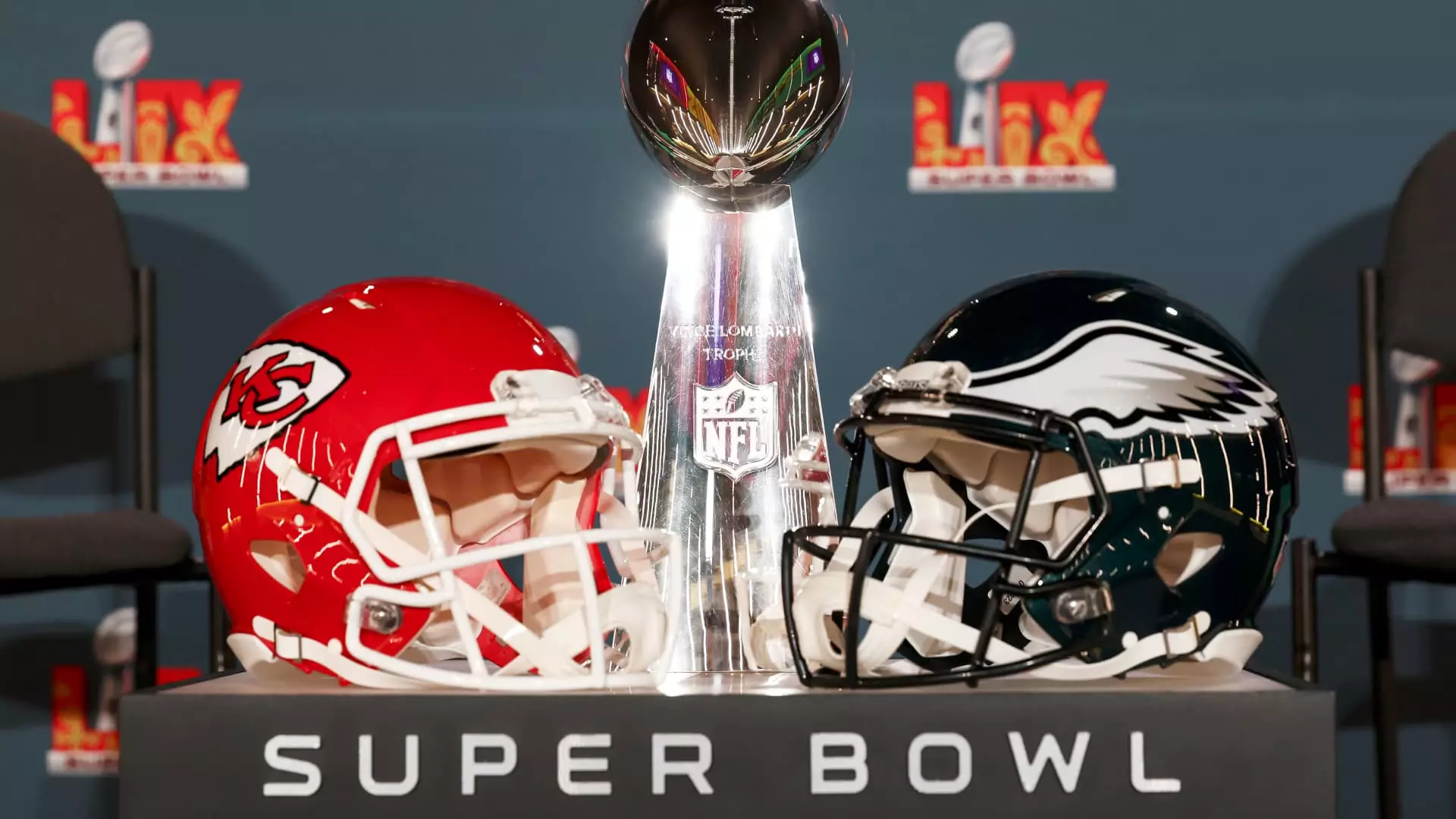The recent crackdown by the NFL on reselling Super Bowl tickets reveals a complex tension between maintaining integrity and allowing personal autonomy. For years, the allure of the Super Bowl has driven some insiders—players, coaches, and team staff—to capitalize on their access, often at the expense of genuine fans. While it’s easy to condemn these individuals for greed, this situation prompts reflection on broader ethical questions. Is the league’s strict stance justified in protecting its brand, or does it inadvertently stifle personal freedom and foster a culture of excessive regulation?
The league’s action underscores a desire to preserve the sanctity of the game and safeguard fans from unscrupulous profiteering. Yet, it also raises the concern of where commercial ambition ends and personal rights begin. The prohibition on reselling tickets for more than their face value appears rooted in fairness. Still, it overlooks the fact that many insiders see their access as a privilege that offers personal financial opportunities—opportunities that, while ethically questionable to some, are not inherently illegitimate in a capitalist society.
Power Dynamics and the Impact on Smaller Stakeholders
The league’s stringent policies disproportionately target those with insider access, reinforcing an already significant power imbalance. Players and staff operate under contracts and codes of conduct, but their ability to monetize their tickets—an extension of their personal brand or a form of supplemental income—gets suppressed through hefty fines and future restrictions. These measures may seem just, yet they disregard the nuanced reality of economic hardship and the temptation to leverage any available advantage in a highly competitive environment.
Furthermore, this crackdown may inadvertently give rise to a shadow economy where resale activities move underground, making regulation more difficult and potentially more harmful. It raises questions about the effectiveness of heavy-handed policies versus more transparent and fair mechanisms that empower insiders to profit ethically, perhaps through official channels supervised by the league itself. By imposing harsh penalties, the NFL risks alienating the very individuals whose cooperation could foster better industry standards.
The League’s Responsibility to Fans and Fair Play
From a liberal-centrist perspective, the NFL’s actions can be seen as a stance rooted in protecting consumer rights and ensuring integrity. Fans invest emotionally and financially in these events, and it’s reasonable to expect that access remains fair and not subject to manipulation by insiders. Resale for personal profit at the expense of fans’ opportunities seems to undermine the spirit of sporting fairness.
However, the league’s approach also raises concerns about paternalism and overregulation. Fans and industry insiders alike deserve a balanced policy that discourages exploitation but still respects individual agency. Instead of solely focusing on punitive measures, the NFL could explore more transparent, regulated resale avenues that foster fairness while allowing responsible entrepreneurship. Failing to do so risks fostering resentment and eroding trust among fans who feel disenfranchised by elite insiders profiting behind closed doors.
In the end, the NFL’s firm stance reflects a desire to uphold tradition and fairness, but it must also grapple with the underlying economic realities and personal freedoms that define modern professional sports. How the league balances integrity with compassion will determine whether it leads by example or alienates its core stakeholders.


Leave a Reply